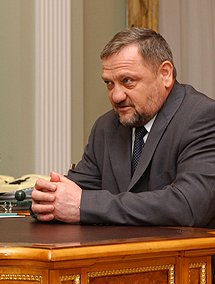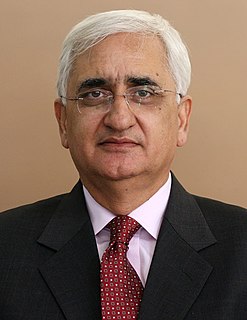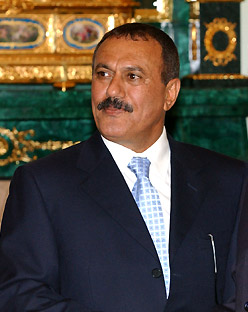A Quote by Akhmad Kadyrov
I have to say that elections, even in the most peaceful region, always make the hardest time for regional state institutions, including security structures.
Related Quotes
India considers Saudi Arabia a center of stability in the region. The security and stability of the Gulf region and that of the Indian subcontinent are interlinked. Bilateral security cooperation between India and Saudi Arabia will contribute to regional stability and in addressing the common threat of terrorism in the region.
Without a deal [with Iran], the international sanctions regime will unravel with little ability to reimpose them. With this deal, we have the possibility of peacefully resolving a major threat to regional and international security. Without a deal, we risk even more war in the Middle East and other countries in the region would feel compelled to pursue their own nuclear programs, threatening a nuclear arms race in the most volatile region in the world.
But Australia faces additional regional and global challenges also crucial to our nation's future - climate change, questions of energy and food security, the rise of China and the rise of India. And we need a strong system of global and regional relationships and institutions to underpin stability.
It is in the interests of all of us - the United States, China and the rest of the world - to make sure that the rules of the road are upheld. These rules and norms are part of the foundation of regional stability, and they have allowed nations across the region, including China, to grow and prosper.
When people criticize me for not having any respect for existing structures and institutions, I protest. I say I give institutions and structures and traditions all the respect that I think they deserve. That's usually mighty little, but there are things that I do respect. They have to earn that respect. They have to earn it by serving people. They don't earn it just by age or legality or tradition.
When we think of globalization we are thinking in part of structures and institutions that have been developed over time and that have allowed us to become more interdependent and interrelated. But the development, the extraordinary development, of those structures and institutions has not fundamentally transformed our humanity. We are still those animals with fears and anxieties and insecurities in the face of death and dread and disappointment and disease.
In order to threaten Iran, you [America] say that you can secure the energy flow in the region. You are wrong. Beware that if you make the slightest mistake over Iran, the energy flow through this region will be seriously endangered. You will never be capable of providing energy security in this region. You are not capable and you should know this.
Moreover, they [the Central Asian Republics] are of importance from the standpoint of security and historical ambitions to at least three of their most immediate and more powerful neighbors, namely Russia, Turkey and Iran, with China also signaling an increasing political interest in the region. But the Eurasian Balkans are infinitely more important as a potential economic prize: an enormous concentration of natural gas and oil reserves is located in the region, in addition to important minerals, including gold.
The Arab spring reminds me a bit of the decolonisation process where one country gets independence and everybody else wants it. How about us, when do we get it, when do we make our move? And you have a situation where someone has been in power for decades, where the integrity of elections, democracy and security have really not been debated or discussed and most people suspect that elections are rigged and that the democratic rotation that elections are supposed to ensure doesn't really happen. And when this goes on for a while you are sitting on a powder keg.
Safety from external danger is the most powerful director of national conduct. Even the ardent love of liberty will, after a time, give way to its dictates. The violent destruction of life and property incident to war, the continual effort and alarm attendant on a state of continual danger, will compel nations the most attached to liberty to resort for repose and security to institutions which have a tendency to destroy their civil and political rights. To be more safe, they at length become willing to run the risk of being less free.









































